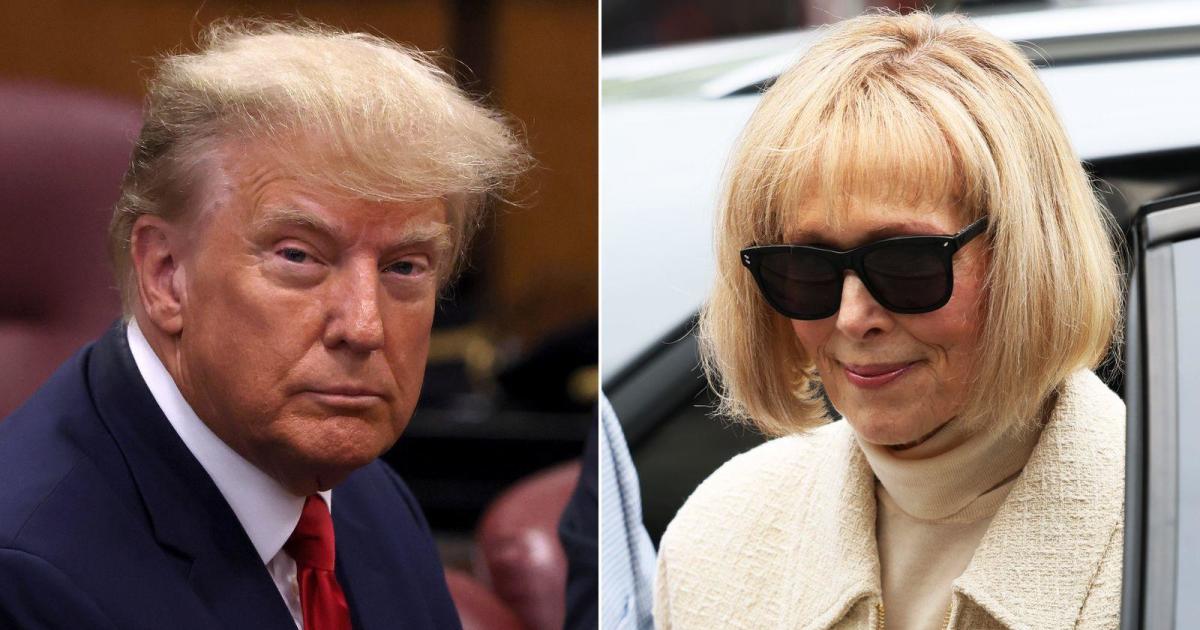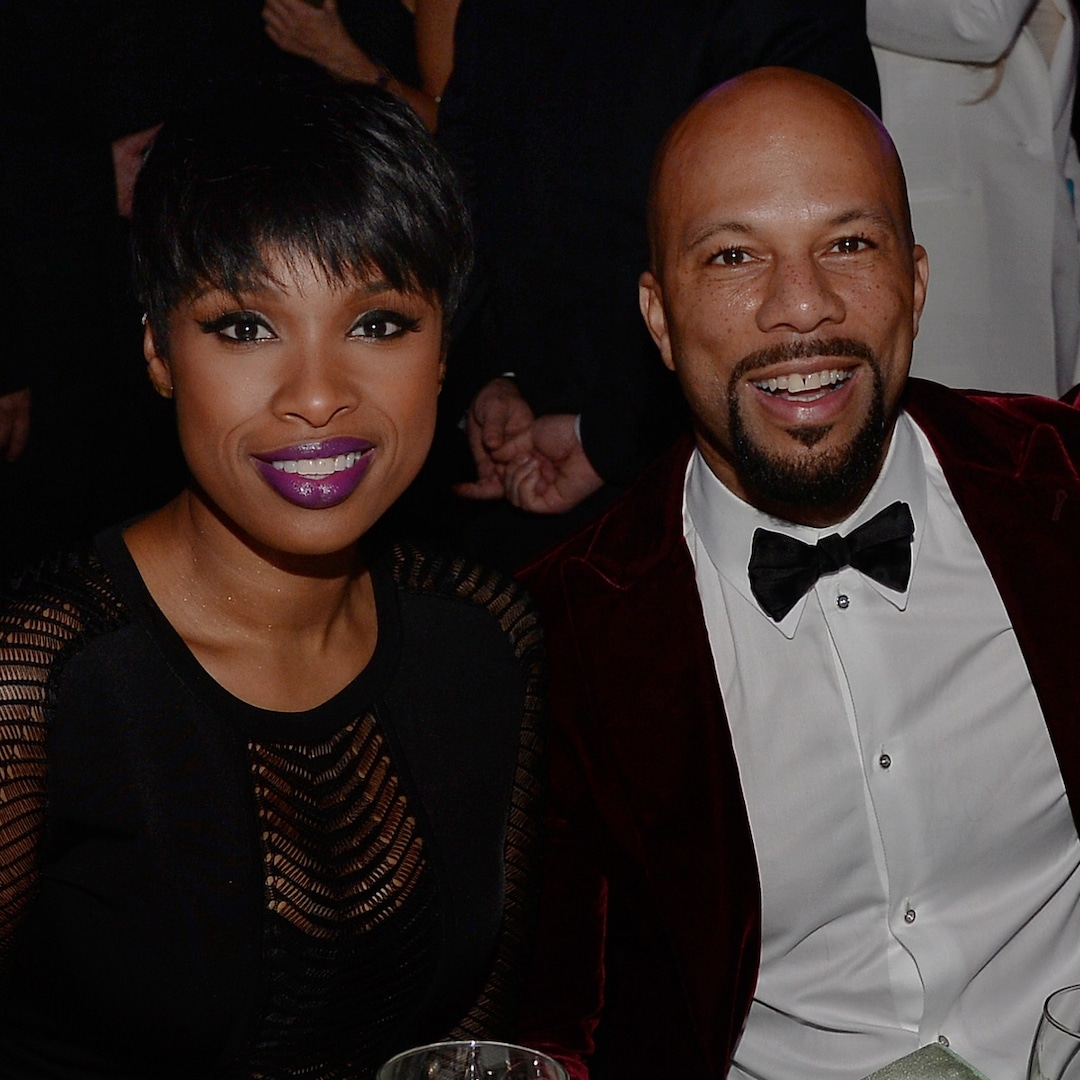A federal jury in New York will be convened this week to determine how much money former President Donald Trump must pay the writer E. Jean Carroll for comments he made in 2019 denying he sexually assaulted her.
The trial, set to get underway Tuesday, is the second related to Carroll’s allegations and Trump’s subsequent denials. In May 2023, a jury found Trump liable for sexual abuse and defamation in a separate case, awarding Carroll $5 million in damages. That case focused on comments Trump made about Carroll in 2022, when he denied the abuse and called Carroll’s claim a “con job” and “hoax.”
The current case is centered on different comments Trump made in 2019, remarks the judge has already ruled were defamatory. The trial will be focused solely on the damages Carroll should be awarded. Her attorneys are seeking $10 million for reputational harm, as well as other unspecified punitive damages.
The former president, fresh off his victory in the Iowa caucuses, is expected to be on hand for the start of the trial in New York on Tuesday.
What is Trump accused of?
In June 2019, Carroll wrote a story for New York magazine alleging that Trump attacked her in the department store Bergdorf Goodman in New York City in the mid-1990s. After walking through the store together and engaging in playful banter, Carroll said Trump cornered her in a dressing room stall and sexually assaulted her with his fingers. She said she managed to free herself and left, telling two of her friends soon after.
After her story was published, Trump denied the allegations on several occasions, saying they were “totally false” and claiming he had never met her. Carroll sued him for defamation in response in November 2019.
John Minchillo / AP
The case stalled in court while Trump was president. The Justice Department initially defended Trump, unsuccessfully arguing he was shielded from liability by federal law since he was acting as a federal employee when he made his comments.
Carroll filed her second defamation suit in 2022, shortly after Trump reiterated his denial. Carroll’s team also added the claim of rape under New York’s Adult Survivors Act, which briefly removed the statute of limitations for such allegations.
The jury unanimously sided with Carroll in finding Trump liable for sexual abuse and defamation, but ruled he was not liable for rape. While the case took place in federal court, it was considered under the New York penal code, which only considers an attack “rape” if a person forces his genitals into another person.
On multiple occasions since, the judge in the case, Lewis Kaplan, has written that the abuse was rape in “common modern parlance,” if not under the strict interpretation of the state’s penal code.
In September, Kaplan ruled that Trump was liable for defamation in the case going to trial on Tuesday. Since Carroll was able to prove she was sexually abused under state law, Trump’s statements painting Carroll as a liar were defamatory, he said.
Just one day after the jury found him liable, Trump made additional statements about Carroll, denying the allegations and saying he didn’t know her. Soon after, she amended her original lawsuit to ask for extra damages, citing those comments.
Last July, the Justice Department announced in a court filing that it would no longer defend Trump, since “sexual assault was obviously not job-related.”
Will Trump testify?
Trump is on the defense’s witness list. While he is not required to testify, Kaplan has indicated that if he intends to take the stand, he can do so next Monday, Jan. 22, the day before the New Hampshire primary.
Testimony in a trial related to damages is typically related to issues like net worth and earnings, not the facts of the matters already established — in this case, that sexual abuse occurred and defamatory statements were made.
Kaplan issued an order in the case on Jan. 9 that bars Trump and his team from saying many of the things they’ve long said in their defense. They cannot deny that the sexual abuse happened or that he believed his statements were true, and he cannot comment on Carroll’s prior romantic relationships.
Additionally, his team cannot question Carroll about her choice of attorney, Roberta Kaplan (no relation to the judge), or the person who helped fund her legal fight, Democratic megadonor Reid Hoffman. Trump’s side also cannot bring up the lack of DNA evidence in the case, which Kaplan has stated was Trump’s responsibility to establish, not Carroll’s.
Carroll’s attorneys have asserted that in order for Trump to testify, he should be required to state under oath that he assaulted Carroll and lied, a position his attorneys have taken issue with.
Trump’s attorney Alina Habba filed a response to the court’s restrictions on his testimony, saying that “President Trump cannot and should not be made to testify under oath in any particular affirmative manner.”
“We presume that this is not a kangaroo court of a third-world country where a party to a lawsuit is involuntarily made to say what a court and an opposing party wants them to say,” Habba wrote in a filing.
How long will the trial last?
The trial in Manhattan is expected to last two to three days, with a fourth day possible if Trump decides to testify late in the proceedings. Although he is not required to, Trump is expected to attend the proceedings on at least Tuesday, despite not appearing at the previous trial in the same courtroom last May.
Last week, Trump’s team asked the judge to delay the trial so that he could attend his mother-in-law’s funeral, scheduled for Thursday. Kaplan denied the request, stating that a “postponement would disrupt and inconvenience prospective jurors, counsel, court staff, and security arrangements.”
On Sunday, Kaplan offered to delay the end of the trial to allow Trump to testify on Jan. 22, the day before the New Hampshire primary.
During the trial, Carroll’s team will show much of the same evidence, and even call some of the same witnesses, from the first trial last May. The jury will likely hear from friends whom she initially told about the assault and two other women who have claimed to be sexually assaulted by Trump in a similar manner. The defense has also said they intend to mention the infamous Access Hollywood tape and portions of Trump’s pretrial deposition.





